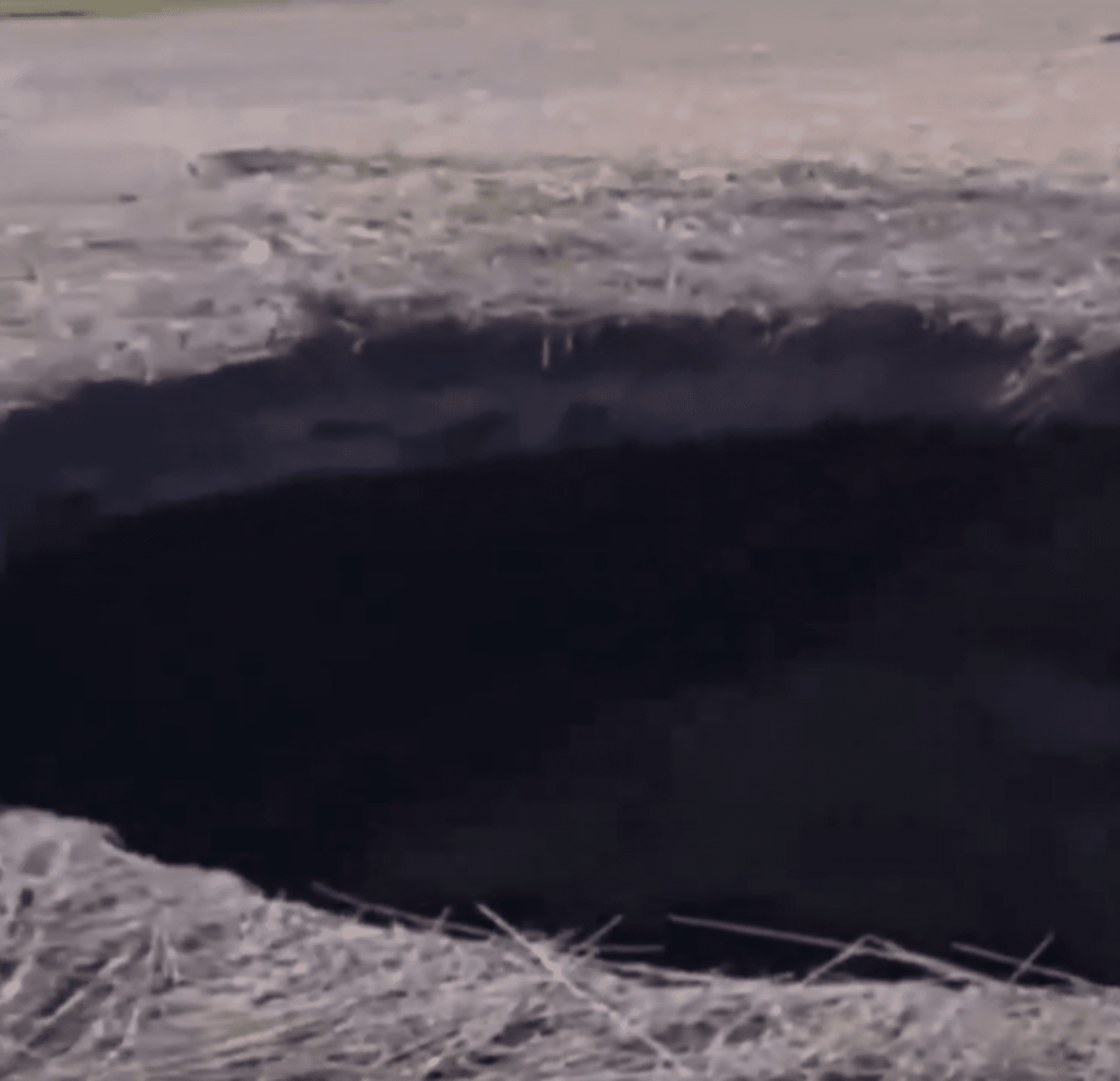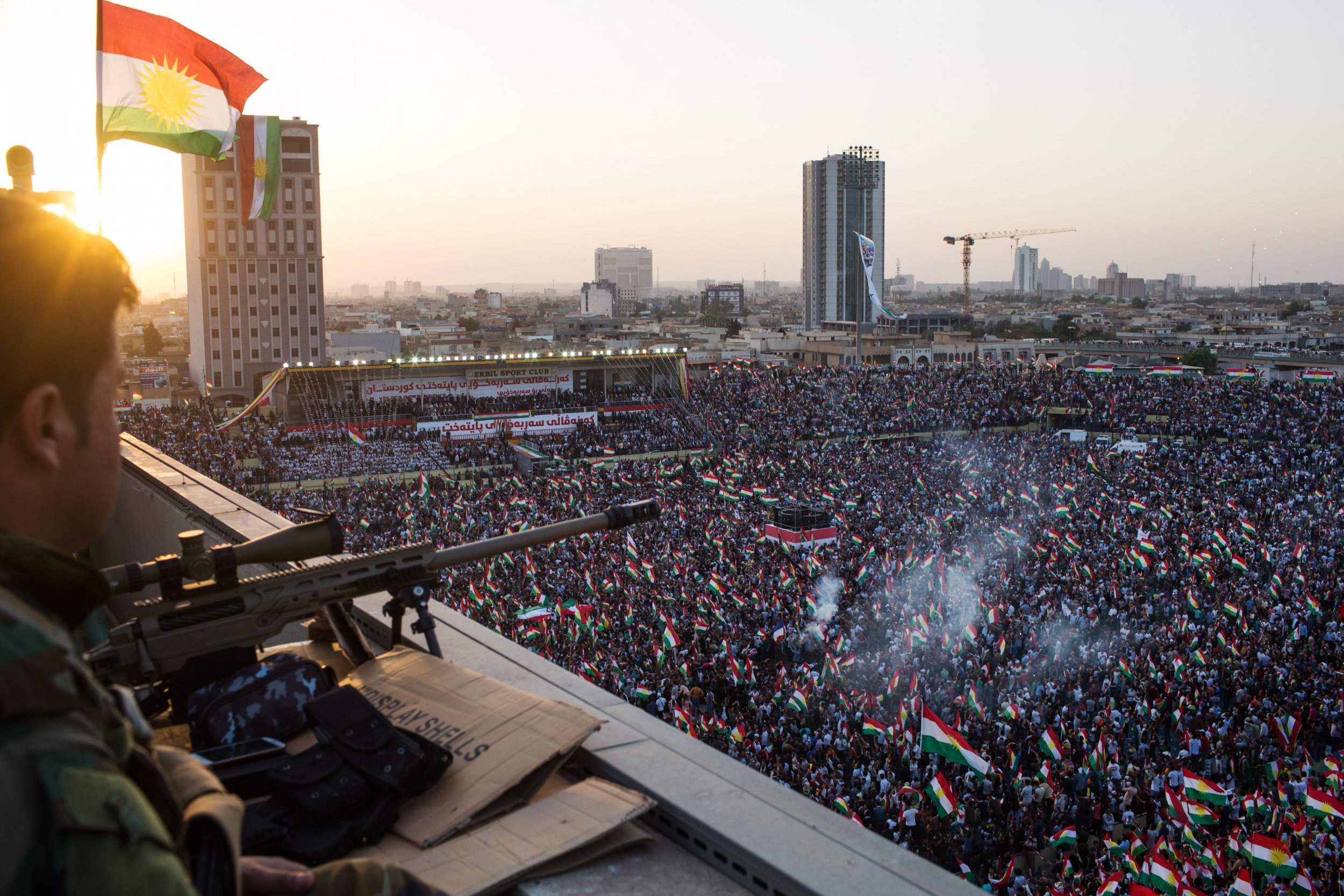
After roughly a hundred years of fighting for greater autonomy in four separate countries, the Kurdish community is preparing for what's likely to be their greatest chance yet to create a fully independent state. Experts say, however, that the historic measure could also open a new front for violence in the Middle East.
The Kurdistan Regional Government, a self-ruling entity located in northern Iraq, has taken advantage of the failures of the war-torn country's central government in Baghdad to establish its own state institutions and its residents are set to vote Monday on whether they want total independence. Observers say the controversial referendum is likely to pass, emboldening Kurds across the region, but angering the Iraqi government and neighboring countries, who have their own interests at stake.
Related: Manafort has a new job: helping the Kurdish referendum, a vote the U.S. opposes
"The Kurds just want what the Turks have, what the Iranians have, what the Arabs have, nothing more," Kurdish affairs analyst Mutlu Civiroglu told Newsweek.
"They are surrounded by hostile nations. They feel their ancestral homeland has been seized," he added.
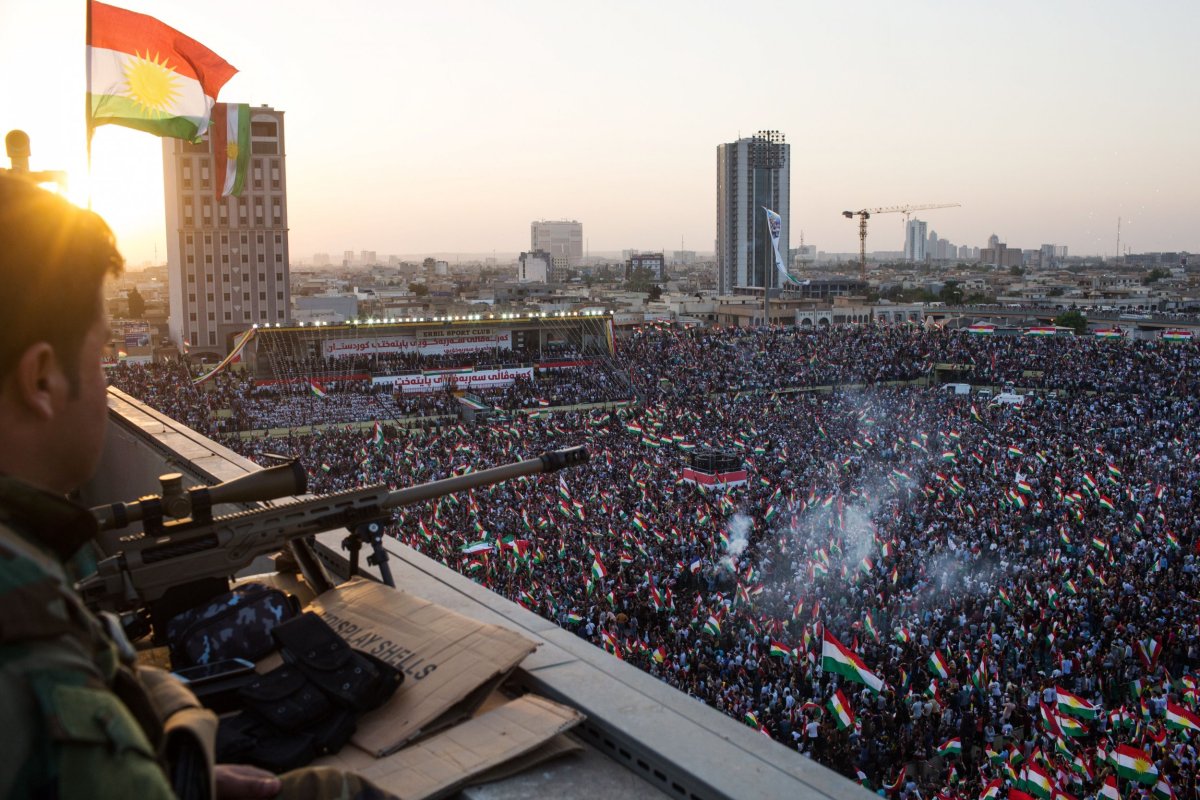
Along with the government of Iraq, a majority-Arab and Shiite Muslim nation, Turkey and Iran have led efforts to discredit Kurdish national aspirations. This is partly because they themselves host dissatisfied Kurdish communities who have waged violent insurgencies in support of independence. Turkey and Iran, traditional rivals, have come together in opposition of the vote and have threatened countermeasures."
While Turkey actually relies on the vital oil trade between itself and Kurdish territory in Iraq, Turkish President Recep Tayyip Erdogan has pledged economic sanctions and has even recently ordered military exercises on the border between Turkey and the prospective Kurdistan. Civiroglu says "Turkey's threats are pretty serious" and could be "a serious problem for Iraqi Kurds."
Like the Kurds, Iran has greatly benefited from the U.S.'s 2003 invasion of Iraq and toppling of former President Saddam Hussein, a Sunni Muslim. Hussein's downfall led to a Shiite Muslim resurgence in the country, one that resisted both a Kurdish homeland and ultraconservative reactionary forces such as the Islamic State militant group (ISIS), which originated in Iraq. As ISIS' self-proclaimed caliphate collapses, Iran, along with Turkey, can use its enhanced position to sabotage what it views as a challenge to it's claims in Iraq.
"What the vote does tell us, even before the results are in, is that the Iraqi Kurds' neighbors – mainly Iran and Turkey, and of course the Iraqi government – oppose Kurdish independence so much so that they've started threatening the Iraqi Kurds simply for holding a vote," Aliza Marcus, a writer and analyst on Kurdish affairs, told Newsweek. "The problem is that any Iraqi Kurdish state will need good relations with its neighbors to succeed as an economically viable, internally stable state."
In response to ISIS, which took over about half the country in 2014, Iran helped form the majority-Shiite Muslim Popular Mobilization Forces (PMF), Called Al-Hashd Al-Shaabi in Arabic. These powerful militias fought alongside both U.S.-backed Iraqi forces and Kurdish fighters, known as peshmerga, but are now deeply opposed to Kurds' desire to divide the country, especially in disputed areas such as Kirkuk.
"I think there will be violence in the disputed territories. I think it will be provocative and potentially lead to interethnic conflict," Megan Connelly, a Juris Doctor candidate and a Ph.D. candidate in political science at SUNY University at Buffalo, told Newsweek.
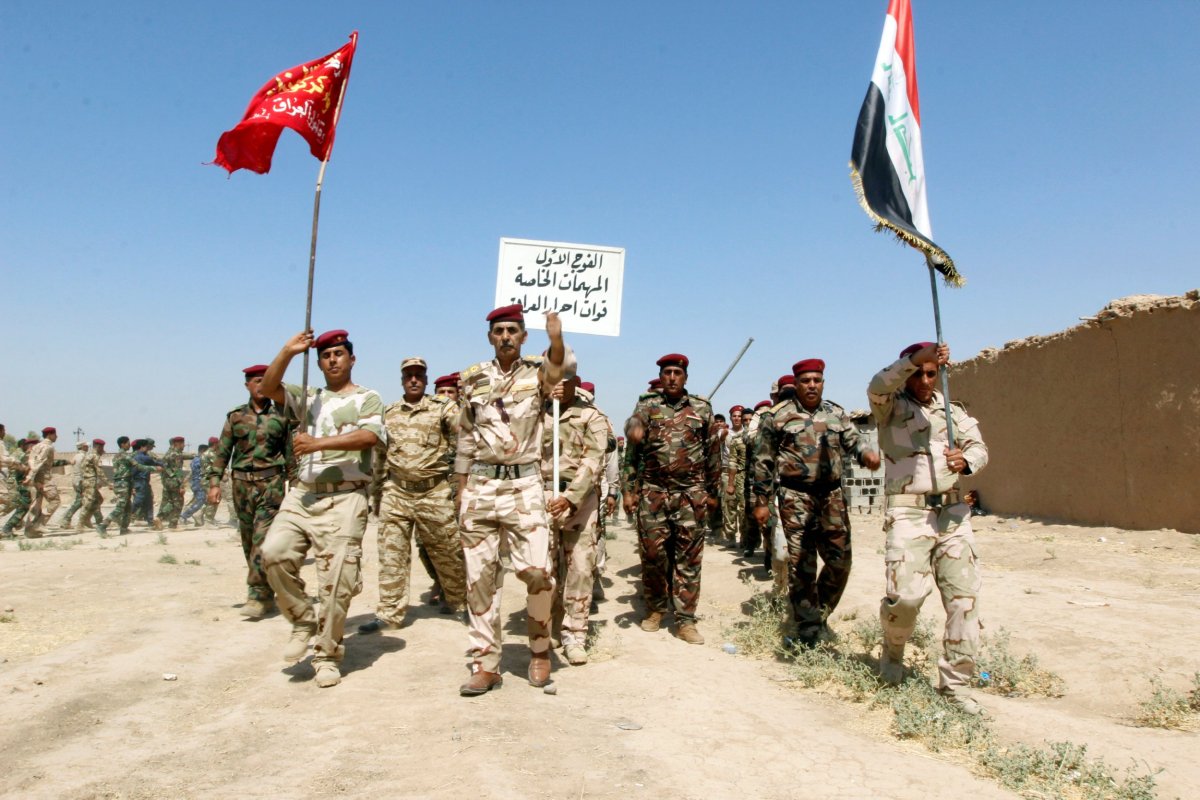
She argues that the Kurdistan Regional Government, led by President Masoud Barzani, has done very little to prepare itself for the upcoming vote and the fallout that is likely to ensue. In fact, she suspects that the vote was more about consolidating power in the hands of the ruling Kurdish Democratic Party, then it was about achieving independence. Now with even the Kurds' greatest ally, the U.S., calling for the vote to be called off, Barzani has found himself with few allies.
"It's really difficult to see how this deal will work out in Kurdistan's favor," she added.
One nation has stepped up, however, and its entrance into the debate has sparked even greater controversy. Israel may very well be the only country in the Middle East to voice support for Monday's referendum. The majority-Jewish state, however, has faced major criticism from the Arab and Muslim world from its very foundation, which led to the mass expulsion and exodus of hundreds of Palestinians in 1948 and several wars with its neighbors. The Kurds have likened their own difficult experiences in the Middle East to the persecution of the Jewish people and have embraced Israeli support.
The Kurds' relationship with Israel not only rejects a founding tenet of Arab nationalism, of which Iraq was once a leader, but also sparks regional fears of increased Israeli influence in Iraq. Iran has become the leading opponents of Israeli and U.S. involvement in the Middle East and it could mobilize its local allies in Iraq in defense of its stake in the country.
"There is great concern in Iran in particular that, if Kurdistan achieves independence, Israel will have more influence, hampering Iranian interests in the region," Ahmad Majidyar, director of the Middle East Institute's IranObserved Project, told Newsweek.
"These could lead to flashpoints between the Iranian-backed PMF and Kurdish forces, which be very detrimental to the future of Iraq and also for U.S. security interests in the region," he added.
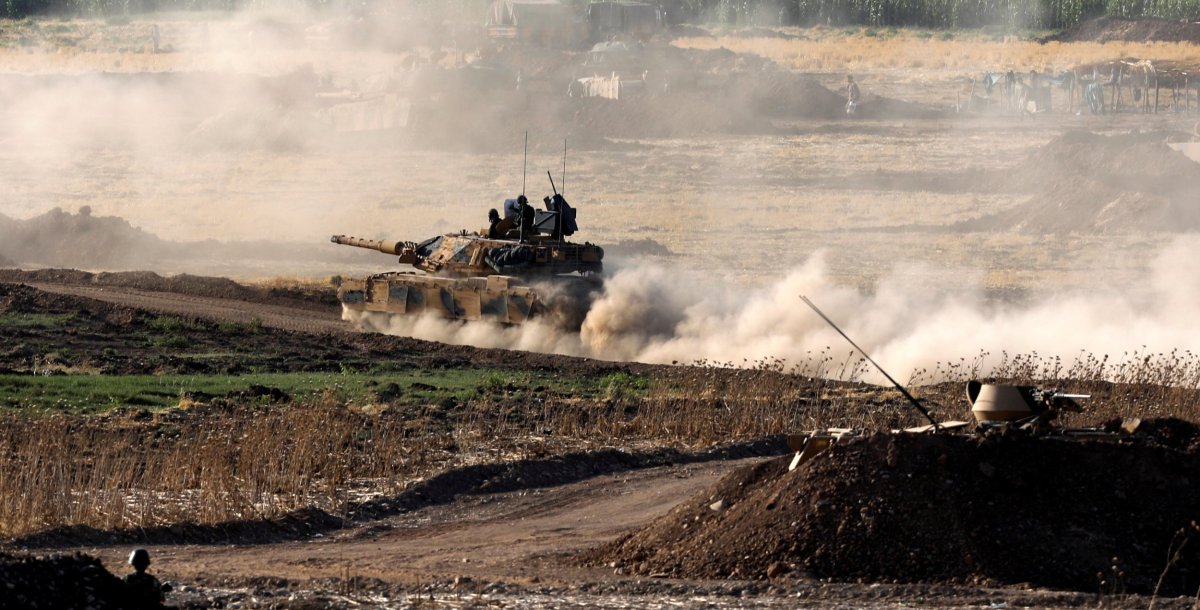
From the U.S. perspective, the Kurds have proven an effective ally against ISIS in Iraq and Syria, where local Kurdish councils are also planning to vote on greater autonomy. Their friendship does come with costs, though. U.S. support for Kurds has severely alienated fellow NATO partner Turkey, and, if an independent Iraqi Kurdistan does form, Cirivoglu says "it gives Iraq totally to Iran" by severing a major bastion of anti-Iran sentiment.
But Majidyar argues that this scenario still is not likely to sit well with Iran, which has spent years establishing a support base in neighboring Iraq as well as a land route of support stretching across Iraq, Syria and Lebanon. He expressed skepticism toward the idea that Iran or Turkey would totally cut themselves off from a future Iraqi Kurdistan, but warned that, without sufficient support abroad, the fledgling country may be doomed from the start.
"If it does not have the support of the international community, if it does not have support from the region and if it becomes a battleground for regional actors, then there is a possibility for Iraqi Kurdistan to become a failed state."
Uncommon Knowledge
Newsweek is committed to challenging conventional wisdom and finding connections in the search for common ground.
Newsweek is committed to challenging conventional wisdom and finding connections in the search for common ground.
About the writer
Based in his hometown of Staten Island, New York City, Tom O'Connor is an award-winning Senior Writer of Foreign Policy ... Read more
To read how Newsweek uses AI as a newsroom tool, Click here.






